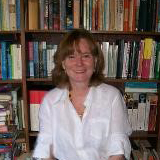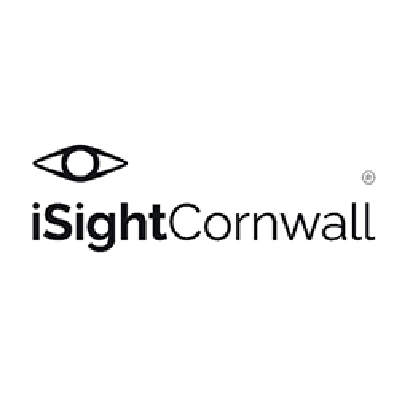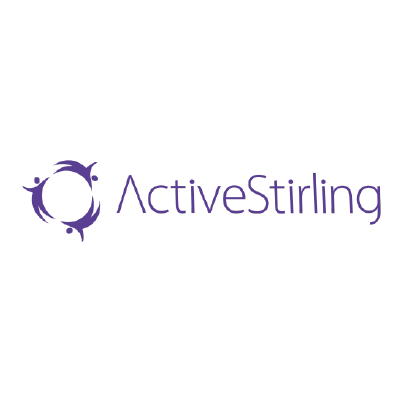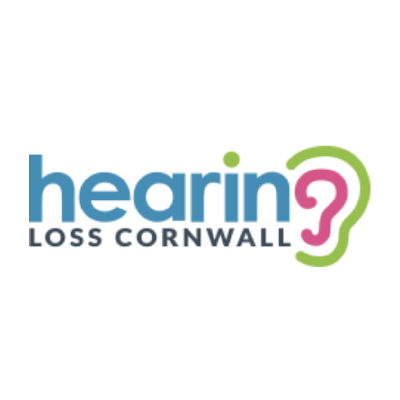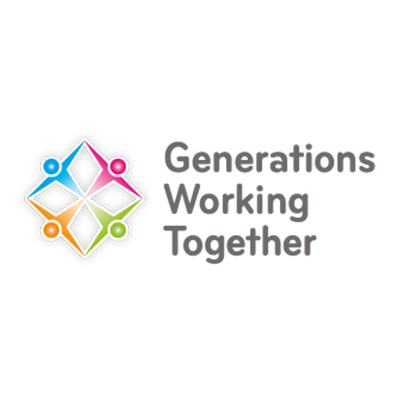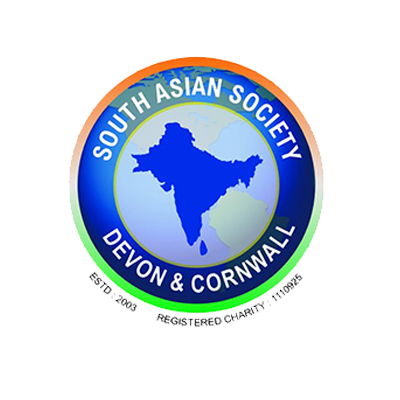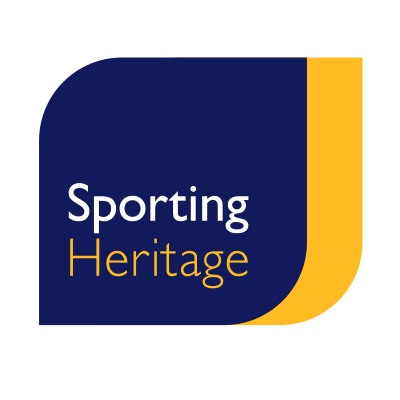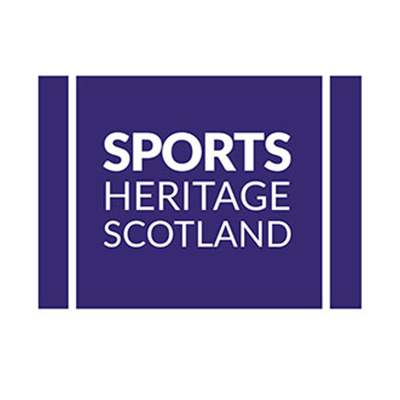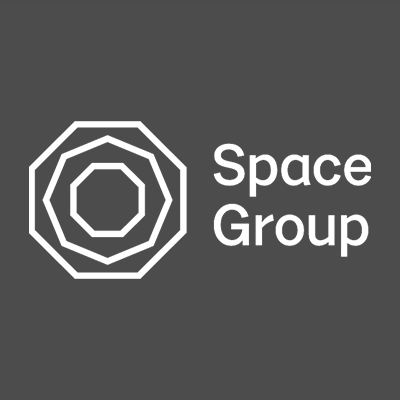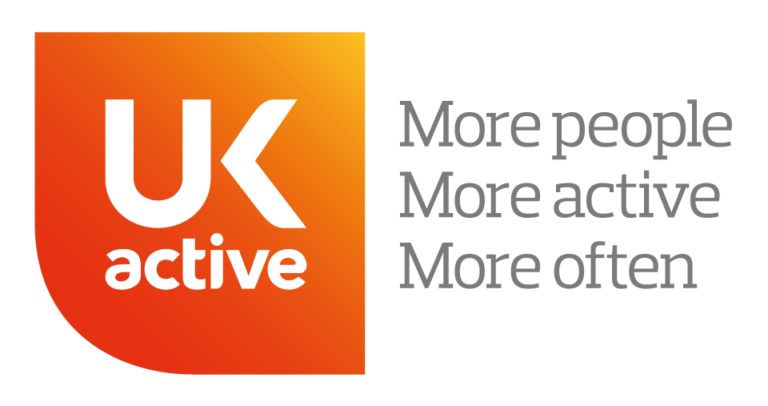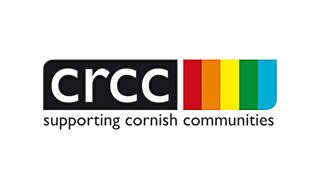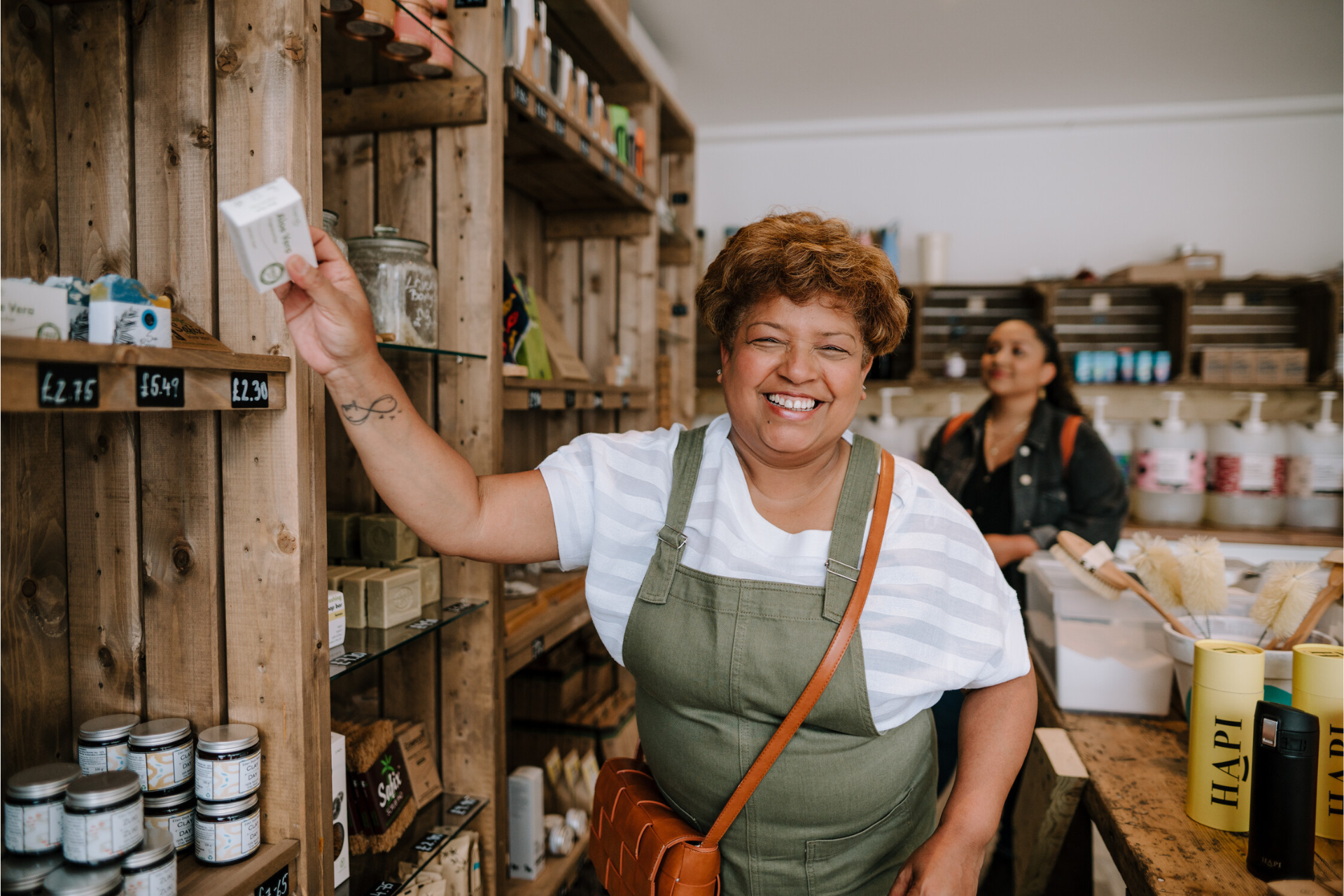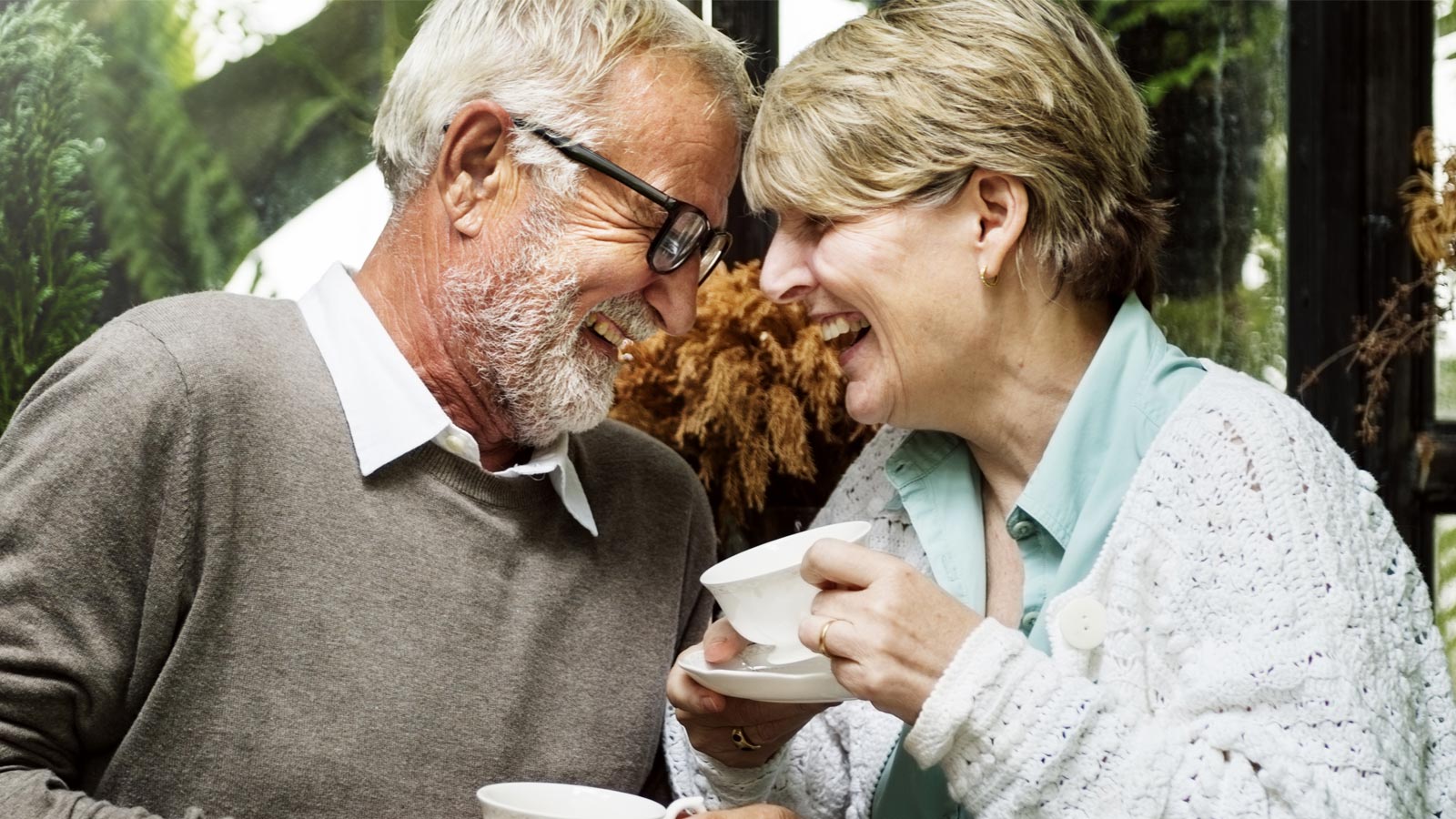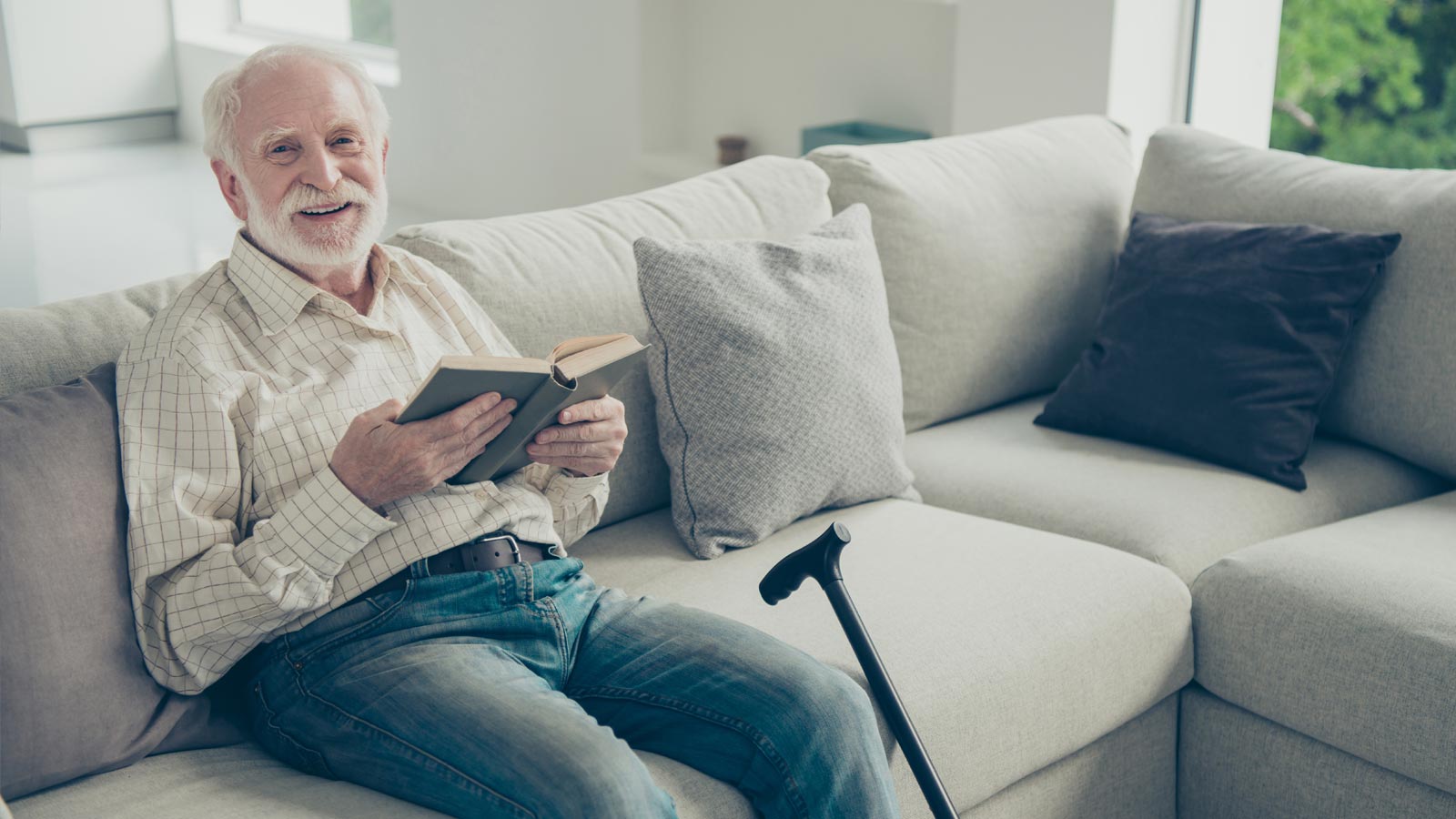Project Overview
GOALD was a 3-year research project examining how we can design, test, deliver and evaluate digital resources to facilitate structured activity programmes for health promotion in older age. GOALD’s focus has been on ‘health connectivity’, an individual’s links to supports for health and well-being. Health connectivity can be developed and strengthened through products, services and activities which build and enhance social and digital connectivity.
Research has demonstrated the impact of social connectivity on older people’s health behaviours and health and the risks of reduced social connectivity in later life. Far less is known about the most effective ways to maintain and improve social connectedness and so optimise those benefits. Digital connectivity – connectedness through digital technology – was increasingly important pre-pandemic in enabling access to community, information and other resources in addition to eHealth applications and online healthcare services. The COVID-19 pandemic has highlighted importance for effective digital delivery of programmes which support older people’s social connectivity. The pandemic has also made more visible pre-existing so called ‘digital divides’, inequalities in access to digital connectivity through age, economic disadvantage and functional limitations. GOALD has aimed to stimulate developments which help to reduce such inequalities.
Led by Principal Investigator Professor Catherine Hennessy, GOALD researchers are based at the University of Stirling: Professor Richard Haynes, Professor Anna Whittaker, Professor Gregory Mannion, Professor Karen Watchman, Dr John Ritchie, Dr Gemma Ryde, Dr Simone Tomaz, Dr Colin Shore, Professor Peter Coffee, Dr Alison Dawson, and at the University of Plymouth: Professor Ray Jones MBE, Professor Katharine Willis, Professor Arunangsu Chatterjee, Dr Alison Warren, Dr Tanja Križaj, Dr Swen Gaudl, Dr Alejandro Veliz Reyes, Professor Sheena Asthana, Dr Hannah Bradwell and Leonie Cooper. In collaboration with their project partners, the aim of GOALD has been to demonstrate the potential for development of digital tools and technologies to enhance support for health promotion in later life. It has done this through examining the acceptability and feasibility of digital approaches to existing ‘in person’ initiatives that use physical activity and sport reminiscence as a means of enhancing connectivity.
Key objectives of the GOALD programme include:
- understanding barriers (social, economic, geographical, health- and place-related) to older people’s access to digital resources for health connectivity;
- empirically analysing the feasibility and processes of co-production for digital health promotion product development;
- assessing the appeal and feasibility of digitally-delivered physical activity and sports-based reminiscence with older people;
- critically documenting the principal problems and opportunities for business engagement with older users of digital health promotion products;
- contributing to interdisciplinary theory and methods regarding health connectivity and co-production;
- offering policy and practice recommendations about how to engage older people in codesign for product development;
- fostering awareness of the benefits of user-engaged co-design of health promotion products.
Insights and outputs from the GOALD project are of direct benefit primarily to academic audiences and stakeholders concerned with product and service development. Findings are also anticipated to inform policy and practice recommendations. Older people are expected to benefit from the development of new products and services informed by GOALD which strengthen and enhance social, digital and health connectivities. Finally, communities can benefit from increased mutual understanding flowing from increased digital intergenerational connectivity.
Engagement with older people
An innovative co-production approach has been employed throughout the GOALD research project, engaging older people as experts through experience in the project’s Advisory Group and as co-design partners and research participants in co-production groups. The GOALD Advisory Group has included older people (over age 60) and adults with experience of working with older people amongst its members recruited via the project’s partner organisations. The Advisory Group has met regularly online to provide advice and feedback to the GOALD project. Older people have been active participants in the researcher-supported co-production groups at the heart of the GOALD project. The groups included community dwelling older people and care home residents recruited from 11 community groups and seven care homes in Cornwall and Scotland. A total of 173 persons aged 60+ and 15 younger adults aged 16-25 were supported by 25 adult volunteers/care home staff members to participate in the groups. The original aim of achieving broader intergenerational participation by including younger school students in the project was not realised due to the impact of COVID restrictions at the time of recruitment. The groups met regularly online and in-person on average over a 6-month period. Participants trialled up to 13 different types of digital technologies for promoting physical activity and sports reminiscence. Feedback from the groups has been successfully used to inform design guidance for digital developers to adapt existing products and create prototypes for digital tools and technologies for health promotion.
Working with business
The GOALD project has worked with a range of businesses, not-for-profit organisations and community groups as project partners. These include: iSight Cornwall, Hearing Loss Cornwall, Cornwall Rural Community Charity, Devon and Cornwall South Asian Society, and Nudge in the South West of England; Scotland-based partners Active Stirling and Sports Heritage Scotland; and UK-wide organisations UKActive, Sporting Heritage, and Generations Working Together. Links to all of GOALD’s partner organisations can be accessed from the GOALD project webpage (https://www.plymouth.ac.uk/research/centre-for-health-technology/goald).
Facilitated by introductions by colleagues from the eHealth Productivity and Innovation in Cornwall and the Isles of Scilly (EPIC) project, based at the University of Plymouth’s Centre for Health Technology (see https://www.plymouth.ac.uk/research/epic), GOALD has actively engaged with innovators and small to medium-sized enterprises interested in developing new digital technologies for health connectivity in later life. GOALD has offered businesses that engage with the project the opportunity to test project-relevant product ideas and design concepts with its Scotland- and Cornwall-based co-production groups. Feedback from the co-production groups was used to create ‘toolkits’ of design guidance for digital developers. The project also launched the ‘GOALD Challenge’, a design competition which provided small grants for digital resource development based on the toolkit guidance. In addition to raising awareness of the benefits of co-design, it gave businesses the reciprocal opportunity to test and provide feedback to improve GOALD’s toolkits for developers. GOALD is also sharing project findings with organisations interested in understanding the challenges of engaging different older populations in co-design and in developing new products and services. These complement the existing programme of ‘project talks’ organised via zoom which are examples of the kinds of events GOALD has run, designed to stimulate ideas and demonstrate what is on offer for project partners and colleagues. Information on project events is available from https://www.plymouth.ac.uk/whats-on/goald-project-talks and may also be viewed on our twitter page (https://twitter.com/GOALDStirPlym).
Diversity and environments of ageing
GOALD recognises the critical contribution that inclusivity makes to the validity and generalisability of research findings. The project welcomes and values diversity across its research team, project partners, and the older people who have been participating in the GOALD research programme through its Advisory Group and co-production groups.
GOALD’s research programme has sought to promote an understanding of the barriers and challenges to improving older individuals’ links to supports for health and well-being through digital applications and devices across different environments of ageing. Through its partners and participant recruitment strategies the GOALD project has engaged with participants representing a broad spectrum of older people in terms of socioeconomic status, health status, living arrangements, rural/urban location, digital access and literacy. This has provided, for example, evidence of the efficacy and appeal of digitally-based health promotion interventions to improve social connections and psychological well-being among vulnerable older adults in a range of care settings and communities.

